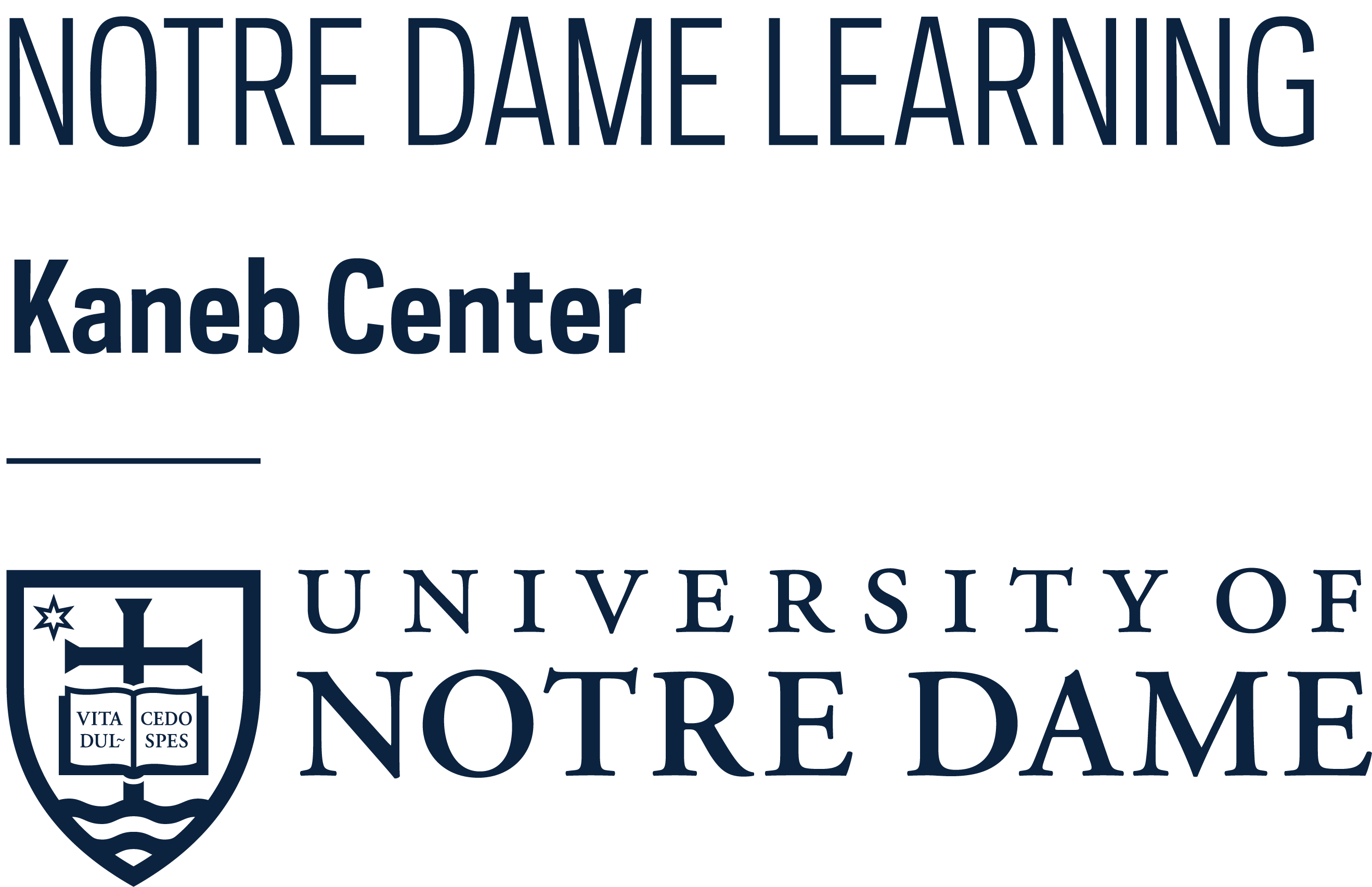Whether you are a first-timer or a seasoned veteran, there are always ways in which you can improve your teaching assistant (TA) skills to help your students and you get the most out of your experience. Earlier in the semester I wrote a blog discussing how faculty can build mutually beneficial relationships with their TA(s). This post will focus on the topic from the TA perspective.
A TA experience can vary widely from discipline to discipline and person to person. Some do it out of necessity to fulfill a graduate requirement, while others do it for the love of teaching. No matter where you fall on that spectrum, the following considerations might prove useful for getting the most out of your experience:
Be Enthusiastic and Be Yourself
Do your best to show enthusiasm and grow in your teaching skills; however, always be yourself. Do not try techniques that make you extremely uncomfortable in front of your students.
Reach Out to Your Students
As approachable as you think you may be, the truth is that most students will not go out of their way to contact you with questions. Try to be present and reach out to your students as frequently as possible to indicate your approachability and genuine interest in their success. This might look like frequent visits to lecture/lab, email reminders of office hours or upcoming deadlines, group reviews/recitations, etc.
Work Closely with Your Instructor
Your instructor of record is your ally, not your enemy. Building a relationship with him/her will help you navigate difficulties you encounter throughout the semester and beyond. As with your students, do not expect him/her to take the first step. Be proactive about building this relationship and dialogue from the beginning of the semester. You might consider requesting to meet before the semester starts with a list of questions/comments ready. In addition, you might ask what their preferred method of communication is, or what their semester calendar looks like.
Highlight and Reiterate the Course Learning Goals/ Syllabus
When answering questions and dealing with push-back, lean heavily on the course-wide syllabus and/or learning goals provided by the instructor. These are the foundational building blocks for the course and will provide you with guidance when interacting with students.
Know/Use Your Resources.
Notre Dame Learning | Kaneb Center offers a number of resources geared towards TAs. A four-week Foundations of Teaching workshop series is offered at the beginning of every fall and spring semester. This series is crafted specifically for first-time TAs. Throughout each semester a variety of additional workshops are conducted covering a wide range of teaching-related topics. The center also offers individual consultations and a new Graduate Pear Observation Program (G-POP).
Another great resource is your fellow TAs!
Seek Feedback
Asking for student feedback on your teaching performances can be one of easiest ways to grow as a TA, and teaching professional in general. In addition, doing this reiterates your genuine interest in your students’ success and helps build a mutual relationship of trust and respect. Beyond your students, ask for feedback from your instructor. This too helps you grow in your duties and builds up your relationship with him/her.
Treat This as Professional Development
Often times TA duties feel like a household chore; however, if you treat them seriously, they can become an important aspect of your professional development (especially if you are thinking about a career with a teaching component). Seek out more responsibilities such as becoming the lead TA for a larger cohort, volunteering to guest lecture, etc. These duties can lead to beneficial lines on your CV, and possibly a future career.
These few tips and resources should help you navigate your duties as a TA and beyond. In addition, they can help you have a positive outlook on your responsibilities. Happy TAing!
Submitted by:
Carson Running
Ph.D. Candidate, Aerospace Engineering
University of Notre Dame
